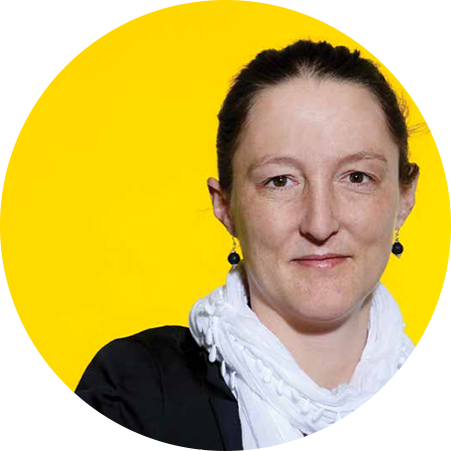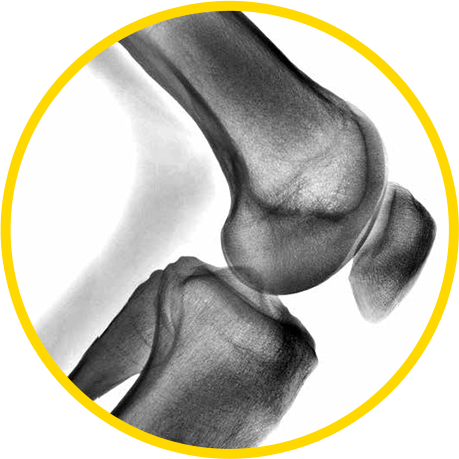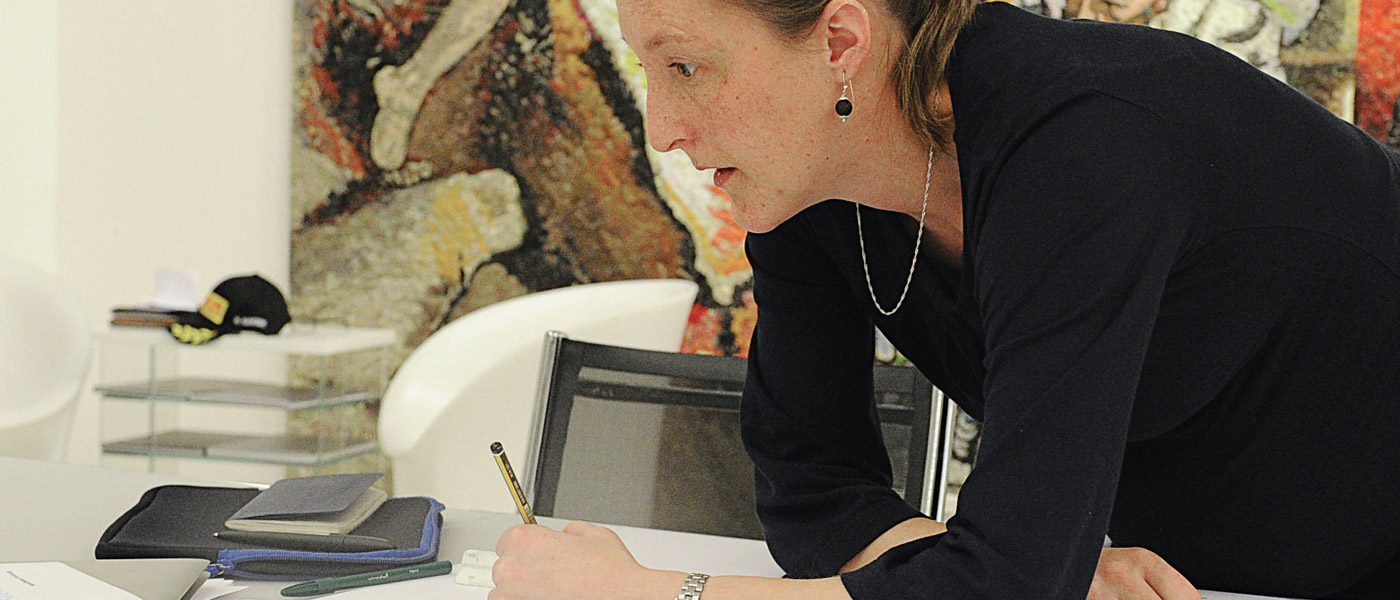
37 years old, Dutch
2013 European Resource Council Starting Grant
2007: Silver Medal – ETH Zurich
My wheel is inspired by nature and depends not only on its shape, but also on other aspects such as surface topography, and especially also the function it is required to fulfil.
In my work, I try to adapt the strategies that nature uses in order to heal people.



Sandra Hofmann Boss, Assistant Professor in the Department of Biomedical Engineering at Eindhoven University of Technology, is also the leader of the Skeletal Tissue Engineering Group at ETH Zurich.
Her main research interests are tissue engineering of skeletal tissues using human mesenchymal stem cells.
She was awarded a prestigious 2013 European Research Council Starting Grant for her work and she also won the silver medal of the ETH Zurich for outstanding PhD theses in 2007.
Her particular focus lies in the investigation of mechanobiological questions, such as how mechanical loads are applied to and sensed by cells in a 3D environment and how the cells react to these in terms of matrix production.
Sandra was able to speak captivatingly on an obscure and very sophisticated subject, and her natural intelligence was plain to see. Her work in mechano-biology is clearly a very important area of medicine and science, and I could only reel back in awe of her work.
This esoteric field of study was supplanted onto her understanding of the task of reinventing the wheel.
By comparing the wheels at work within the human body, and the wheels of a vehicle, she was able to draw out the similarities in their formulation and in their occupation, the ways in which the mechanical and technological external world can be conceptualized in the biological world, and how the former might reflect the latter.
Sandra taught us all that in the same way a wheel will be acted on by forces in the world, and induced to roll, the body is acted on by similar forces. In the same way that a wheel will bear the weight of its vehicle, the bones are expected to withstand the load of the rest of the body's framework, its nerves and blood, organs and tissues, but also the pressures put on them by the external world.
We found ourselves becoming more and more aware about the mechanical mastery of the body, but also how science and medicine can make it function even better, and last longer.
Sandra's talent then is at once esoteric and completely necessary, while it may not be immediately comprehended, once we had come to understand its importance to human biology we were enlightened.
[Hanif Kureishi]
Do you consider your talent a gift or a burden?
A gift, but not one I am conscious of.
What you would do if one day you woke up and discovered you had lost your talent?
I am curious about so many things, and I believe that curiosity is the way to discover one's other talents.
Who is the living talent you most admire?
People who have a positive attitude no matter what.
What do you like about your talent and what don't you like?
Like most: I really like doing my work and often feel "in the flow".
Like worst: it keeps me busy and I spend too much time at work without even noticing, therefore neglecting other nice things around me.
When or where does your talent make you happy?
At work, in discussions, and if it can help someone.
If you could change your talent, how you would change it?
As the future aim of my research is to improve people's health situation, I would like my research to be faster, so that we can help people sooner.